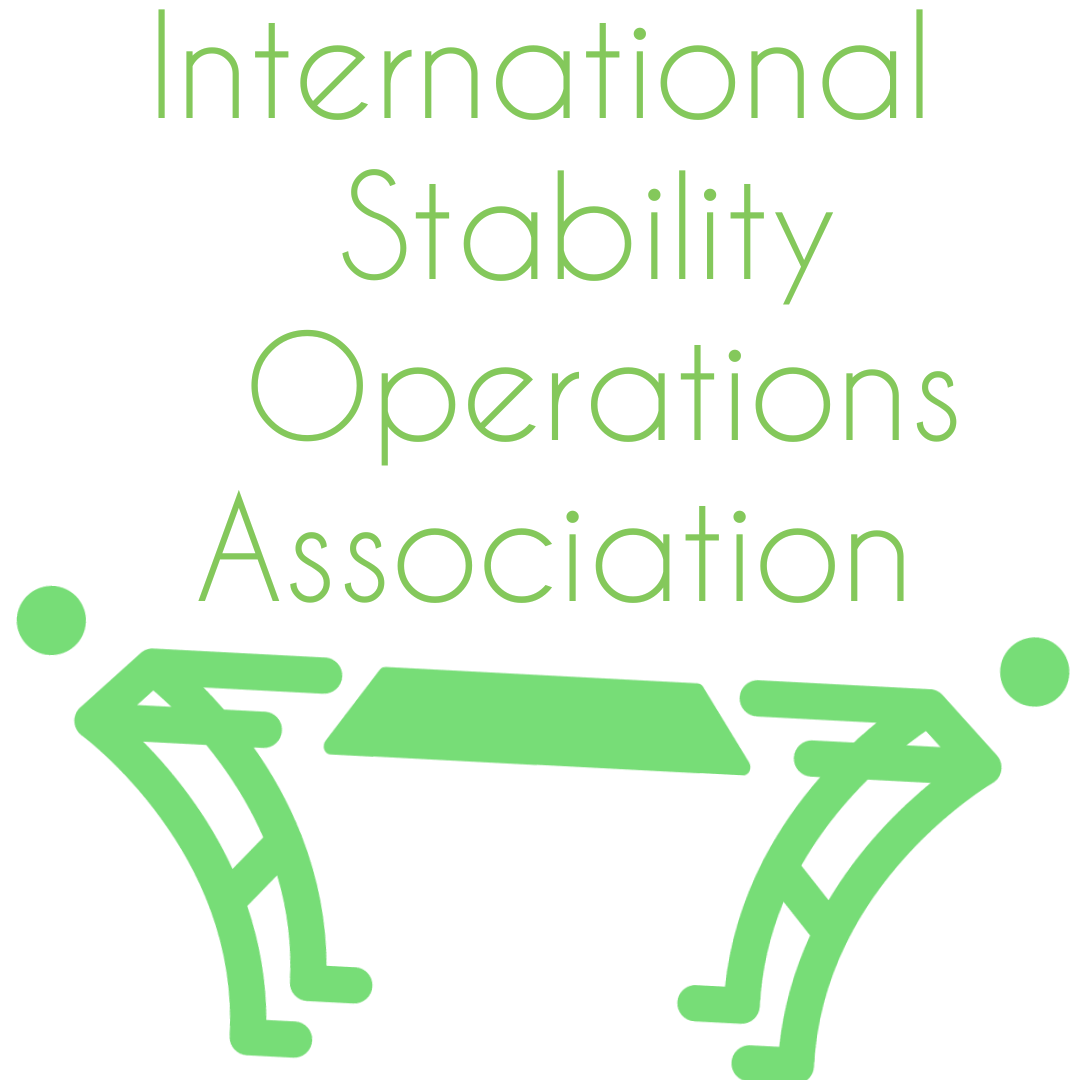IPOA Issues Letter Regarding IMPROVE Act
IPOA, the Association of the Stability Operations Industry, writes today to respectfully request your opposition to a proposed amendment to H.R. 5013 – Implementing Management for Performance and Related Reforms to Obtain Value in Every Acquisition Act of 2010 (IMPROVE Act of 2010). Our Association is greatly concerned by a proposed amendment entitled “Requirement that Cost or Price to the Federal Government Be Given at Least Equal Importance as Technical or Other Criteria in Evaluating Competitive Proposals for Defense Contracts,” which will significantly harm the competiveness and quality of U.S. government contracts.
IPOA members fundamentally support the concept of “best value” in federal procurements and believe a “one size fits all” approach, as suggested by the amendment, would directly undermine government and industry efforts to improve quality and value. Based on the vital missions performed by our member companies including linguistics, logistics, security, reconstruction and other stability related functions, we have witnessed firsthand the deleterious impact of relying solely on price as the determining factor in awarding federal contracts. By requiring contracting officers to give cost at least equal importance in evaluating proposals for Federal contracts, these professionals are robbed of an important tool necessary for ensuring quality and upholding the basic tenets of the government contracting process. It is crucial that contracting officers be allowed to use their professional judgment when making contract awards to ensure the rational, subjective analysis of contract proposals, allowing for a case-by-case determination of the appropriate weight to be given to factors such as cost, schedule and past performance.
IPOA believes it is unwise to require cost to be considered the ultimate driver in federal procurement, for doing so simply creates a “race to the bottom” where other qualifications are not given due consideration. For critical missions in the reconstruction and stability operations industry, it is crucial that decision makers be allowed to award contracts to those best able to perform on cost, on schedule and in full compliance with the terms of the contract. We believe that the proposed amendment will result in more contract defaults, poor performance and an overall decrease in the quality of goods and services provided to our Armed Forces. This amendment is harmful to our industry, the government contracting process and to critical U.S. policies and missions.
IPOA is not alone in supporting “best value” contracting in contingency operations. For example, on October 1, 2009, the Commission on Wartime Contracting issued a report entitled “Lowest-price security not good enough for war-zone embassies,” in which the Commission noted the dangers of focusing on price as the determinative factor when selecting contractors to provide security for U.S. embassies. The Commission noted that the Department of State, by statute, must select the lowest price provider, and explained how that practice may do more harm than good. Far from endorsing the statutory requirement, the Commission recommended that the provision be eliminated and that the Department of State be given the flexibility to use a best value award process. The amendment currently under consideration would move the Department of Defense closer to a statutory “low price” award scheme and would go against the clear recommendation of the Commission.
IPOA was founded in 2001 to ensure that the private sector provides ethical, professional and costeffective services in support of international peace and stability operations worldwide. With some 60 members, IPOA is the leading voice of the stability operations industry. The IMPROVE Act could undermine the efforts of our Association to enhance private sector support for government policies and would fundamentally damage the government’s ability to choose their contractors wisely. We appreciate your consideration and look forward to working with you in the future.
